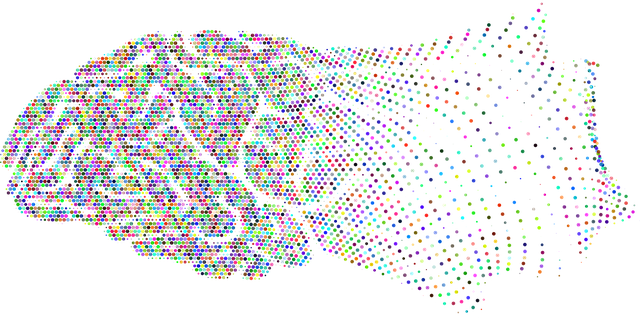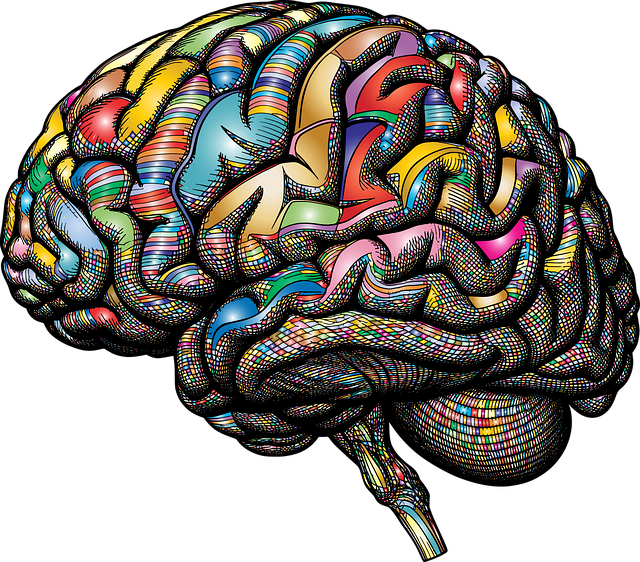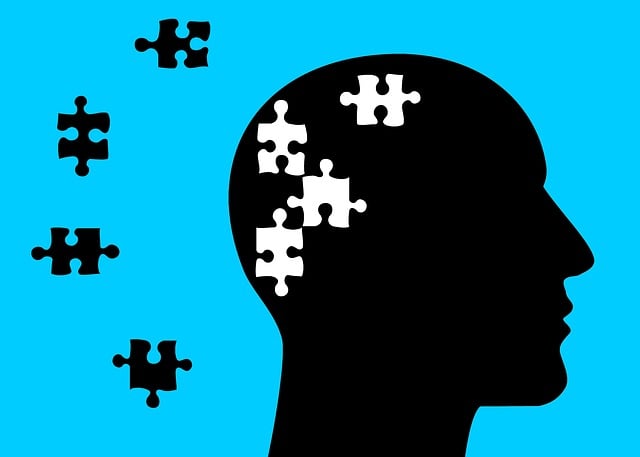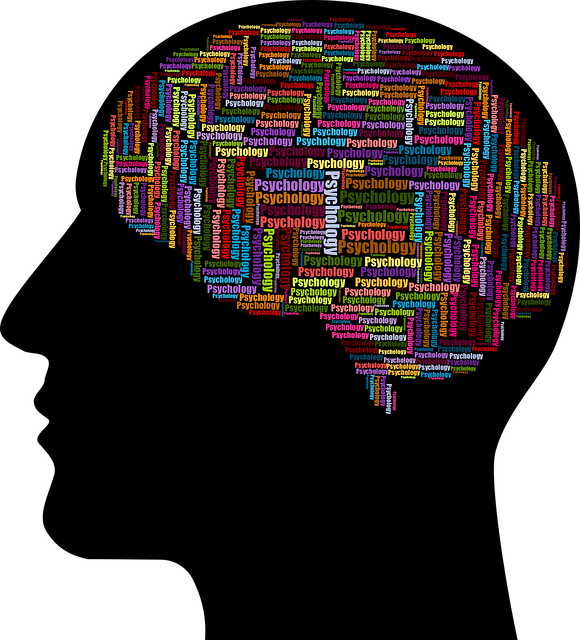Denver Chronic Pain Therapy leverages integrated mental wellness self-assessment tools, combining Mental Wellness Journaling Exercises, Healthcare Provider training, and Self-Care Routine Development for holistic chronic pain management. These tools, incorporating CBT, mindfulness, and cultural sensitivity, address the mind-body connection, targeting mental health improvements and burnout prevention. Digital platforms enhance accessibility, offering interactive modules, coaching, and communities. Continuous refinement based on patient feedback and community outreach ensures these tools remain effective in supporting individuals through complex pain journeys in Denver.
Mental wellness self-assessment tools play a pivotal role in Denver chronic pain therapy, serving as a cornerstone for comprehensive patient care. This article delves into the critical development of such tools, addressing the growing need to understand the intricate link between chronic pain and mental health. We explore evidence-based practices, examine integrating technology for accessible assessment, and emphasize continuous refinement for optimal patient support in the context of Denver chronic pain therapy.
- Understanding Mental Wellness Self-Assessment: A Cornerstone of Denver Chronic Pain Therapy
- Identifying the Need: Uncovering the Impact of Chronic Pain on Mental Health
- Designing Effective Tools: Incorporating Evidence-Based Practices for Comprehensive Evaluation
- Integrating Technology: Digital Solutions for Accessible and Efficient Self-Assessment
- Continuous Improvement: Evaluating and Refining Tools for Optimal Patient Support in Denver Chronic Pain Therapy
Understanding Mental Wellness Self-Assessment: A Cornerstone of Denver Chronic Pain Therapy

Mental wellness self-assessment tools play a pivotal role in Denver Chronic Pain Therapy, serving as a cornerstone that supports comprehensive patient care. These assessments allow individuals to gain valuable insights into their mental health status and identify areas for improvement, which is particularly crucial for managing chronic pain conditions. By integrating Mental Wellness Journaling Exercises within the therapy framework, patients are guided to explore emotions, thoughts, and coping mechanisms related to their pain experience.
This process fosters self-awareness and empowers individuals to take an active role in their mental wellness journey. Additionally, Healthcare Provider Cultural Competency Training ensures that therapists are equipped with knowledge and skills to address diverse patient populations effectively. Equally important is promoting Self-Care Routine Development for Better Mental Health, enabling patients to cultivate healthy habits that contribute to their overall well-being and resilience in managing chronic pain.
Identifying the Need: Uncovering the Impact of Chronic Pain on Mental Health

Chronic pain, a persistent companion for many individuals in Denver chronic pain therapy, extends its influence beyond physical discomfort. Its impact on mental health is profound, often leading to a complex interplay between bodily anguish and psychological distress. The invisible strain of chronic pain can significantly impair an individual’s overall well-being, affecting their emotional state, cognitive functions, and social interactions. This subtle yet powerful connection warrants meticulous consideration in the development of comprehensive self-assessment tools for mental wellness.
By recognizing the deep-rooted connection between physical and mental health, professionals in Mental Health Education Programs Design can create effective interventions. Self-esteem improvement becomes a crucial aspect of addressing chronic pain’s psychological toll. Furthermore, understanding this relationship encourages advocates to push for robust Mental Health Policy Analysis and Advocacy, ensuring that individuals experiencing chronic pain receive holistic support tailored to their unique needs.
Designing Effective Tools: Incorporating Evidence-Based Practices for Comprehensive Evaluation

Designing effective self-assessment tools for mental wellness requires a meticulous approach that incorporates evidence-based practices. These tools should be comprehensive, covering various aspects of an individual’s psychological and emotional state to provide a holistic evaluation. For instance, integrating techniques from cognitive-behavioral therapy (CBT), mindfulness practices, and positive psychology can offer valuable insights into one’s mental health trajectory.
At the heart of development, professionals like those specializing in Denver chronic pain therapy should consider cultural sensitivity in mental healthcare practice. This ensures that the tools are adaptable to diverse populations, accounting for unique cultural contexts and beliefs. Additionally, burnout prevention strategies for healthcare providers can enhance the tool’s longevity and accuracy over time, especially when assessing emotional well-being promotion techniques.
Integrating Technology: Digital Solutions for Accessible and Efficient Self-Assessment

In today’s digital era, integrating technology offers a promising approach to enhancing mental wellness self-assessment tools. Online platforms and mobile applications can provide accessible and efficient solutions for individuals seeking support for their chronic pain and mental health. For instance, Denver Chronic Pain Therapy has leveraged digital tools to develop interactive self-assessment modules that guide users through various aspects of their well-being, from stress management to coping mechanisms. These platforms often incorporate user-friendly interfaces, personalized feedback, and data tracking features, making the assessment process engaging and meaningful.
Furthermore, digital solutions can facilitate wider access to mental wellness coaching programs development, compassion cultivation practices, and even Mental Wellness Podcast Series Production. Online self-assessment tools can connect individuals with relevant resources, expert advice, and supportive communities, regardless of their geographical location. This accessibility is crucial in ensuring that those struggling with mental health issues receive the necessary guidance and support, potentially revolutionizing how we approach holistic wellness.
Continuous Improvement: Evaluating and Refining Tools for Optimal Patient Support in Denver Chronic Pain Therapy

In the dynamic landscape of Denver Chronic Pain Therapy, continuous improvement is paramount to ensuring optimal patient support. Regularly evaluating and refining self-assessment tools allows healthcare professionals to adapt to evolving needs and best practices in pain management. By integrating feedback from both patients and specialists, these tools can be fine-tuned to address not only physical symptoms but also psychological aspects such as depression prevention, enhancing holistic care delivery.
Community outreach program implementation further plays a crucial role in this process. Engaging with the community enables targeted interventions that promote self-care practices, foster support networks, and increase awareness about available resources. This collaborative approach ensures that self-assessment tools remain relevant, effective, and aligned with the diverse needs of individuals navigating chronic pain in Denver, ultimately enhancing the quality of life for those seeking relief through specialized therapy.
The development of mental wellness self-assessment tools plays a pivotal role in enhancing Denver Chronic Pain Therapy. By understanding the intricate link between chronic pain and mental health, we can design effective assessment methods incorporating evidence-based practices. Integrating technology ensures these tools are accessible and efficient, while continuous improvement ensures they remain optimal for patient support. This multifaceted approach not only benefits individuals navigating the complexities of chronic pain in Denver but also contributes to a more holistic and effective therapeutic experience.












